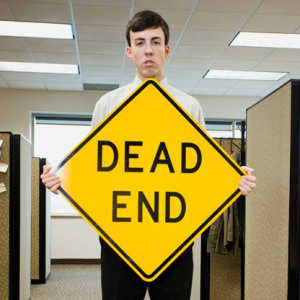 In early June, it came to light that last October, Walt Disney World Orlando eliminated the jobs of 250 data systems employees. The move made national news not because so many workers became jobless, but because Disney offered a severance bonus to employees who remained with the firm long enough to train the young immigrant workers who would assume their tasks.
In early June, it came to light that last October, Walt Disney World Orlando eliminated the jobs of 250 data systems employees. The move made national news not because so many workers became jobless, but because Disney offered a severance bonus to employees who remained with the firm long enough to train the young immigrant workers who would assume their tasks.
The heartlessness of this move left workers and consumers reeling. A former Disney employee told a reporter for the New York Times, “It was so humiliating to train someone else to take over your job. I still can’t grasp it.” Outrage spread across news and social media, fueled by dismay that a company so closely associated with wholesome family entertainment would betray its workers in this way.
Many observers lamented loopholes in the H-1B visa program used to secure the replacement workers’ entry to the US, and endorsed reforms that would reduce impacts on American workers. Relatively few seem to grasp that Disney’s moves are rooted not in policy loopholes or corporate malfeasance, but instead are part and parcel of capitalism. Outsourcing, layoffs and swiftly severed ties – this is what capitalism looks like. As Karl Marx pointed out in his Manifesto of the Communist Party, workers, who under capitalism “must sell themselves piecemeal, are a commodity, like every other article of commerce, and are consequently exposed to all the vicissitudes of competition, to all the fluctuations of the market.” The “increasing improvement” of production methods “ever more rapidly developing, makes their livelihood more and more precarious.” Manual workers confronted this reality decades ago, as plants in the United States closed and production moved overseas to take advantage of lower-cost labor. Increasingly, professional workers are also feeling the pain of displacement. And there is only more to come.





